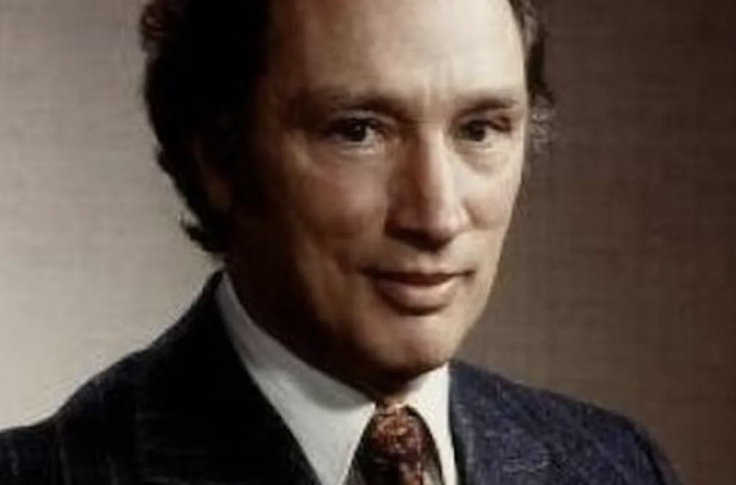Why Did Pierre Trudeau, Justin Trudeau's Father, Resign as Prime Minister 40 Years Ago?

Pierre Trudeau, one of Canada's most iconic political figures and the father of current Prime Minister Justin Trudeau, resigned as Prime Minister in 1984, marking the end of an era.
His decision to step down came after more than 15 years in office, during which he profoundly shaped Canada's political and cultural landscape. Here's a closer look at the circumstances surrounding his departure.
BREAKING NEWS: What Does It Mean To 'Prorogue Parliament': Justin Trudeau Resigns 40 Years After His Father
A Dramatic Announcement Amid a Snowstorm
On 29 February 1984, Pierre Trudeau announced his resignation, surprising many Canadians. Ever one for dramatic gestures, Trudeau revealed that his decision was made during a long walk in a snowstorm the previous evening.
He declared, 'Today is the first day of the rest of my life,' emphasising his belief that it was time for new leadership to address Canada's challenges.
At the age of 64, Trudeau was still seen as a charismatic and youthful figure. However, political analysts noted that his resignation followed growing dissatisfaction with his leadership, particularly amid Canada's economic struggles, which included high unemployment rates and substantial budget deficits.
Canada Under Trudeau: A Legacy of Transformation
Pierre Trudeau served as Prime Minister from 1968 to 1984, with a brief interruption in 1979. He is remembered for his dynamic leadership, strong federalism, and commitment to bilingualism.
Trudeau was a staunch opponent of Quebec separatism and fought to preserve Canada's unity. His introduction of the Official Languages Act ensured that both French and English were recognised as official languages across the country.
Trudeau also left a significant mark on Canada's foreign policy. He pursued an independent course, often at odds with the United States, recognising the People's Republic of China in 1970 and fostering ties with Cuba under Fidel Castro.
Domestically, his efforts culminated in the patriation of the Canadian Constitution in 1982, which included the Charter of Rights and Freedoms, a cornerstone of Canadian democracy.
Mounting Pressures and Political Decline
By the early 1980s, Trudeau's Liberal Party faced declining popularity. Economic troubles, including unemployment rates hovering around 13%, eroded public confidence. The opposition Progressive Conservatives, led by Brian Mulroney, consistently outpaced the Liberals in polls. Even within his party, there were murmurs of dissatisfaction as the country prepared for a potential election.
The announcement of Trudeau's resignation set the stage for a leadership race within the Liberal Party. John Turner, a former finance minister and Trudeau's political rival, emerged as the frontrunner to succeed him. Energy Minister Jean Chrétien was another prominent contender.
The Personal Side of His Decision
Trudeau's resignation was also influenced by personal factors. Following his separation from his wife, Margaret, he assumed sole custody of their three sons.
Observers noted that his focus had shifted toward his family, a priority that likely contributed to his decision to step back from public life.
In his resignation letter to Liberal Party President Iona Campagnolo, Trudeau reflected on the joys and challenges of his tenure, writing, 'The experience of being leader of our great party has been one of the joys of my life, but I now feel this is the appropriate time for someone else to assume this challenge.'
A Lasting Legacy
Trudeau's resignation marked the end of an extraordinary political career, but his influence on Canada endures. His policies on bilingualism, constitutional reform, and multiculturalism remain integral to the country's identity.
While his decision to step down was driven by a mix of personal and political factors, it opened the door for new leadership and the eventual rise of his son, Justin Trudeau, to the Prime Minister's Office decades later.
© Copyright IBTimes 2025. All rights reserved.





















